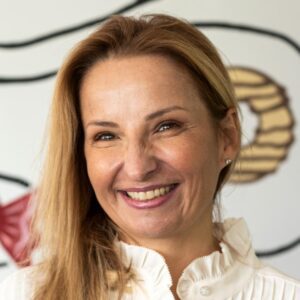Współczesne życie pcha nas do ciągłego poszukiwania nowych doznań i unikalnych przeżyć. Bez problemu możemy skakać ze spadochronem, jeździć monster truckiem i ścigać się Lamborghini… A co z tak prostą czynnością jak gotowanie? Czy w czasach wszechobecnych diet pudełkowych i restauracji na każdym kroku, ktoś chce uczyć się sztuki kulinarnej? A i owszem!
Warsztaty kulinarne już od kilku lat są bardzo modnym sposobem na spędzanie czasu. Oprócz rozwijania pasji do gotowania, możemy również odkrywać podczas nich nowe smaki lub po prostu spędzać miło czas ze znajomymi.
Według mnie możemy je podzielić na kilka kategorii, które krótko opiszę:
Warsztaty biletowane – czyli takie, które możemy sobie wybrać! Wystarczy kupić bilet w szkole gotowania i pod okiem profesjonalnego kucharza uczymy się kilku dań z danej kuchni np. włoskiej, wietnamskiej czy francuskiej. Uczestnicy nastawieni są na przyswojenie jak największej dawki wiedzy przekazywanej przez kucharza. W 99% dania przygotowywane są od podstaw, co jest bardzo pracochłonne, lecz finalnie bardzo ciekawe, bo kogo nie ciekawiłoby przygotowanie np. ramenu od podstaw? Wszyscy są skupieni na tym, aby zapamiętać ciekawostki, triki, które później bardzo często wdrażają w swojej kuchni. Jest to mój ulubiony rodzaj warsztatów, z tego względu, że lubię i z tego co mi wiadomo potrafię dobrze przekazywać wiedzę. Cieszy mnie, gdy po jakimś czasie ludzie do mnie wracają z wiadomością, że super im się sprawdzają moje porady i przekazują je dalej swojej rodzinie, znajomym. Dodatkowo panuje zawsze spokojna atmosfera i każdy dokładnie słucha wszystkich uwag.
Warsztaty kulinarne podczas imprez firmowych – jest to bardziej forma rozrywki, aniżeli typowej nauki. Zazwyczaj jest to jedna z atrakcji podczas firmowych integracji. Jest szybko, głośno i czasami, aż zbyt wesoło. 😉 W większości są to duże imprezy, gdzie głównym celem jest przygotowanie kolacji dla uczestników w taki sposób, aby nie było nudno, długo i męcząco. Wiąże się to z tym, że często dania są częściowo przygotowane przez nas, np. podczas firmowych warsztatów z robienia pierogów pomijamy proces robienia ciasta – przygotowujemy je przed warsztatami. Musimy unikać nudnych procesów podczas których część z uczestników będzie stała bezczynnie. Dodatkowym utrudnieniem tych imprez zazwyczaj jest alkohol i tempo jego spożywania. Mamy do czynienia z nożami, kuchenkami, gorącymi patelniami itp. Kilka razy w mojej karierze zdarzyło mi się, że ze względów bezpieczeństwa musiałem przerwać gotowanie, usadzić uczestników do stołu i samemu dokończyć gotowanie.
Warsztaty promujące produkt/miejsce – podczas takich wydarzeń zazwyczaj gośćmi są influencerzy i cała impreza oparta jest na przedstawieniu danego produktu/miejsca jak najlepiej. Np. firma XYZ wypuszcza nowy sos pomidorowy i podczas warsztatów robimy 2-3 dania w oparciu o ten sos. Liczy się tu to, aby dania były jak najbardziej fotogeniczne/modne/interesujące. Efektem takiej imprezy ma być „szum” w mediach społecznościowych. Nie każdy kucharz potrafi poprowadzić taki event. Tutaj trzeba mieć dużo pewności siebie, poczucia humoru i obycia z kamerami, ponieważ większość takiego wydarzenia jest nagrywana lub fotografowana. Bardzo często w roli prowadzących takich wydarzeń sprawdzają się kucharze celebryci np. uczestnicy kulinarnych programów telewizyjnych.
Bardzo ważne przy organizacji warsztatów kulinarnych jest również miejsce w którym mają się odbyć.
Najwygodniej organizować je w przystosowanych do tego celu studiach kulinarnych, jednakże czasami lokalizacje, w których klient chciałby gotować są krótko mówiąc szalone. Wyobrażacie sobie 150 osób gotujących jednocześnie na środku pola? Albo 400 osób przygotowujących na czas dania w ogromnej Sali konferencyjnej? A może przygotowywanie tatara z ryby w 30 osób na łódce? Takich wydarzeń w mojej karierze było dużo. Większość z nich przygotowywałem, gdy byłem częścią cudownego zespołu Food Lab Studio kierowanego przez Grzegorza Łapanowskiego.
Oprócz miejsca, bardzo ważna jest również osoba, która takie warsztaty prowadzi. Znam wielu bardzo utalentowanych szefów kuchni, którzy nie lubią i nie potrafią prowadzić takich warsztatów. Chodzi tutaj często o to, że na co dzień pracują z kucharzami i normalne jest dla nich to, że każdy z nich umie szybko kroić, przygotowywać podstawowe sosy, smażyć, piec itp. Na warsztatach jest kompletnie inaczej. Kiedyś byłem świadkiem jak bardzo utalentowany cukiernik rozpoczynając warsztaty mówił „kuchennym” językiem i nikt z uczestników nie wiedział o co mu chodzi. Dopiero po chwili zorientował się, że przecież ma do czynienia z amatorami i musi im to spokojnie wytłumaczyć. Jednak znam również super szefów kuchni, którzy bardzo dobrze prowadzą takie warsztaty i potrafią przekazać mnóstwo cennej wiedzy uczestnikom.
Moim zdaniem najgorszym scenariuszem jest to, gdy warsztaty prowadzi ktoś, kto jest znany, a niekoniecznie umie gotować… Bywałem świadkiem, gdy warsztaty z jednej z europejskich kuchni prowadził mężczyzna, który był mega przystojny, mówił po polsku ze swoim zagranicznym akcentem i wszystkie panie były nim oczarowane. Jednakże, dania które przygotował z uczestnikami były bardzo słabe i odbiegające od tego jakie tak naprawdę powinny być. Nie potrafił nawet odpowiedzieć na jakiekolwiek pytania dotyczące technik przygotowywania dań i charakterystyki produktów. Według mnie jest to bardzo nie fair w stosunku do uczestników, którzy zapłacili za wiedzę o danej kuchni, produktach i technikach. Dlatego warto sprawdzać, kto dane warsztaty będzie prowadził i w czym się specjalizuje.
Popularność ostatnio zyskały również warsztaty kulinarne dla dzieci, podczas których możemy uczyć najmłodszych nie tylko jak kroić marchewkę, ale także skąd biorą się warzywa, dlaczego ważne jest ich spożywanie. Wiele dzieci niestety ma przekazywane złe nawyki żywieniowe i nie do końca wiedzą co jest dobre a co nie dla ich zdrowia. W takich wydarzeniach uczestniczą zarówno same dzieci jak również dzieci z rodzicami. Najważniejsze w tym jest, aby rodzice zrozumieli, w jaki sposób mogą dotrzeć do dzieci ze zdrową żywnością i jak bez problemu przygotowywać atrakcyjne wizualnie oraz smakowo dania dla najmłodszych. Jak wiemy dzieci niezbyt lubią szpinak i buraki… Ale już zielone i czerwone koktajle lub kolorowe naleśniki znikają w mgnieniu oka 😉
Warsztaty kulinarne mają także znaczący wpływ na rozwój kultury kulinarnej społeczeństwa. My kucharze, możemy wpływać na to jaką żywność ludzie kupują, ile jej kupują oraz pomagamy w tym aby jej nie marnowali. Zwiększamy świadomość dotyczącą jakości i pochodzenia produktów spożywczych. Dzięki stosowaniu sezonowości produktów wspieramy również lokalnych producentów żywności. Mamy też możliwość doradzania w zakresie wybieranego sprzętu do domowych kuchni uczestników. Nie raz spotkałem się z pytaniami dotyczącymi wyboru odpowiedniej patelni, garnków lub miksera planetarnego. Dzięki nam ludzie wiedzą co wybierać a na co uważać podczas zakupów.
Podsumowując, warsztaty kulinarne to nie tylko nauka gotowania, lecz prawdziwe doświadczenie smakowe i społeczne. Możemy podczas nich odkryć kompletnie nowe produkty, techniki kulinarne, sprzęty, poznać nowe osoby, a także bardzo przyjemnie spędzić czas. Zarówno dla uczestników, jak i organizatorów, stanowią one doskonałą okazję do dzielenia się wiedzą, budowania relacji i dzielenia niezapomnianych chwil w kuchni. Są one również ciekawą odskocznią dla zabieganych ludzi, którzy mogą na chwilę zapomnieć o wszystkim i oddać się pasji do jedzenia.
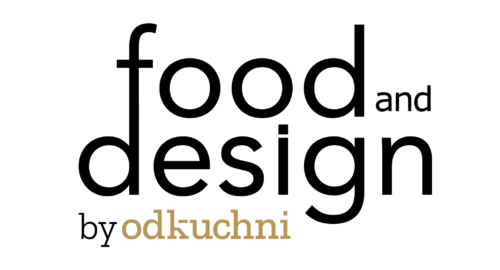
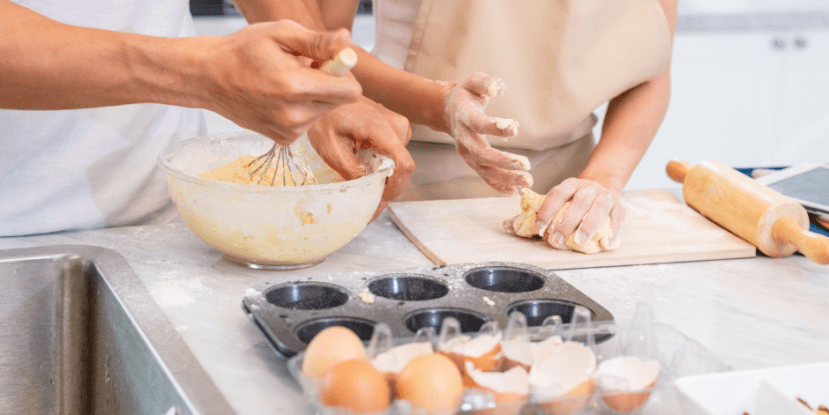
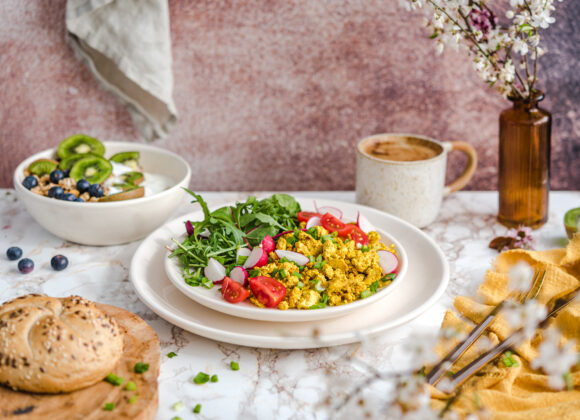
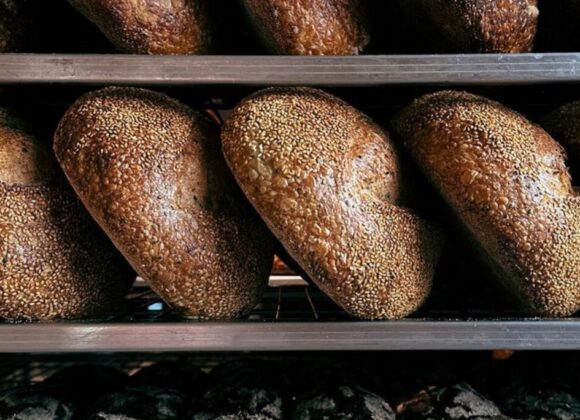

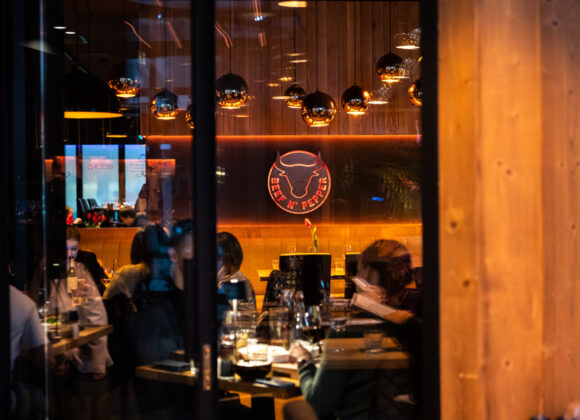
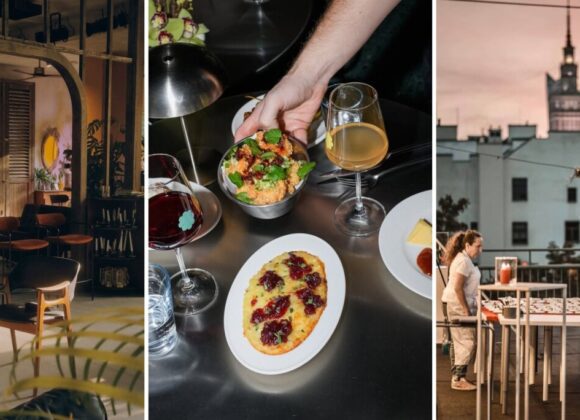
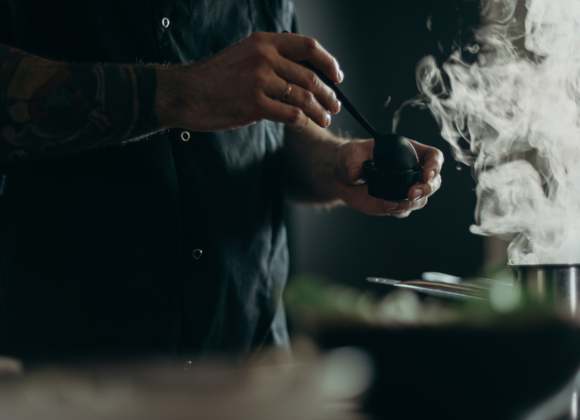


 Młodszy specjalista ds. komunikacji marketingowej i PR.
Młodszy specjalista ds. komunikacji marketingowej i PR.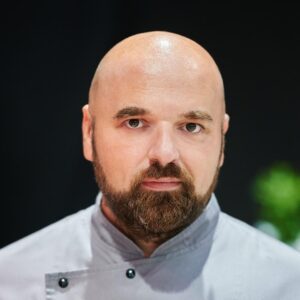


 Absolwent Uniwersytetu Warszawskiego oraz Szkoły Głównej Gospodarstwa Wiejskiego. W branży HoReCa od ponad 10 lat. Przez lata związany z Grupą Trip, Sobienie Królewskie Golf and Country Club oraz restauracją Florentin w Warszawe.
Absolwent Uniwersytetu Warszawskiego oraz Szkoły Głównej Gospodarstwa Wiejskiego. W branży HoReCa od ponad 10 lat. Przez lata związany z Grupą Trip, Sobienie Królewskie Golf and Country Club oraz restauracją Florentin w Warszawe. Absolwentka Wydziału Architektury Politechniki Warszawskiej na kierunku Architecture for Society of Knowledge oraz Komunikacji Wizualnej na Politecnico di Milano. Specjalistka od budowania nastroju. Doświadczenie zdobywała w kraju i zagranicą podczas licznych warsztatów międzynarodowych (Sevilla, Lizbona, Florencja), stypendium na La Sapienza (Rzym) oraz pracując m.in. w Carmi e Ubertis i ADM Milano.
Absolwentka Wydziału Architektury Politechniki Warszawskiej na kierunku Architecture for Society of Knowledge oraz Komunikacji Wizualnej na Politecnico di Milano. Specjalistka od budowania nastroju. Doświadczenie zdobywała w kraju i zagranicą podczas licznych warsztatów międzynarodowych (Sevilla, Lizbona, Florencja), stypendium na La Sapienza (Rzym) oraz pracując m.in. w Carmi e Ubertis i ADM Milano.








 Menedżer z wieloletnim doświadczeniem w branżach kosmetycznej, spożywczej, dziecięcej. W trakcie swojej kariery związany z firmami takimi jak: L’Oreal, Samsung, Danone-Nutricia, Unilever. W ciągu swojego życia zawodowego odpowiadał między innymi za rozwój sprzedaży i contentu eCommerce w Polsce i krajach Europy Środkowo-Wschodniej.
Menedżer z wieloletnim doświadczeniem w branżach kosmetycznej, spożywczej, dziecięcej. W trakcie swojej kariery związany z firmami takimi jak: L’Oreal, Samsung, Danone-Nutricia, Unilever. W ciągu swojego życia zawodowego odpowiadał między innymi za rozwój sprzedaży i contentu eCommerce w Polsce i krajach Europy Środkowo-Wschodniej. 

















































